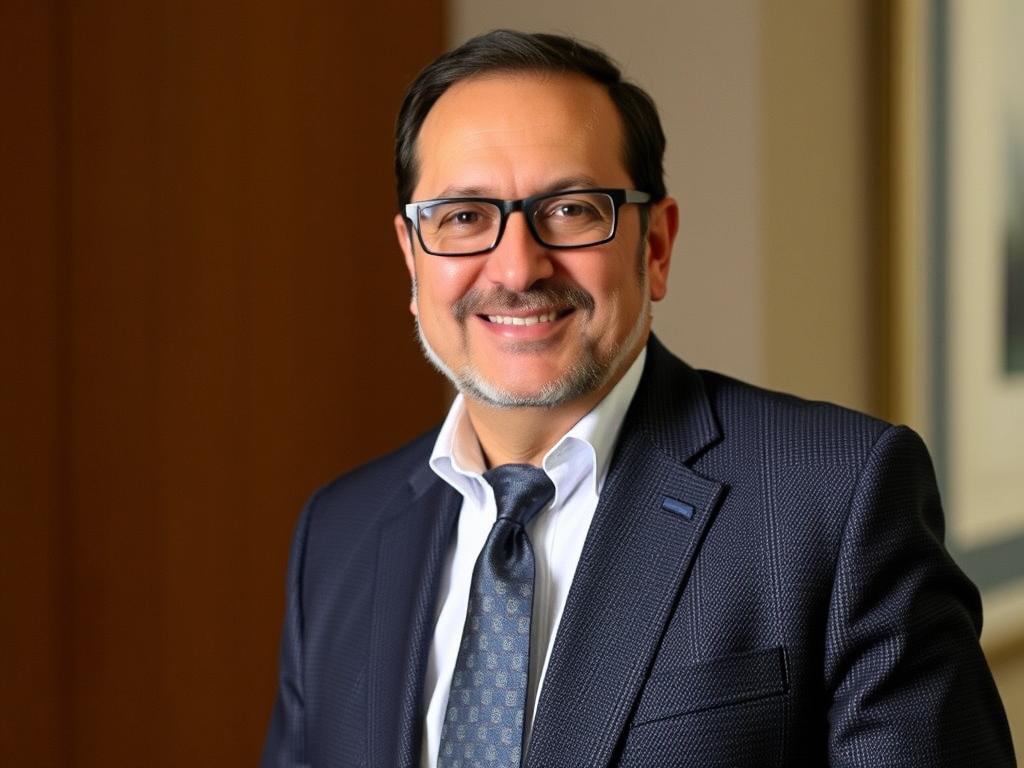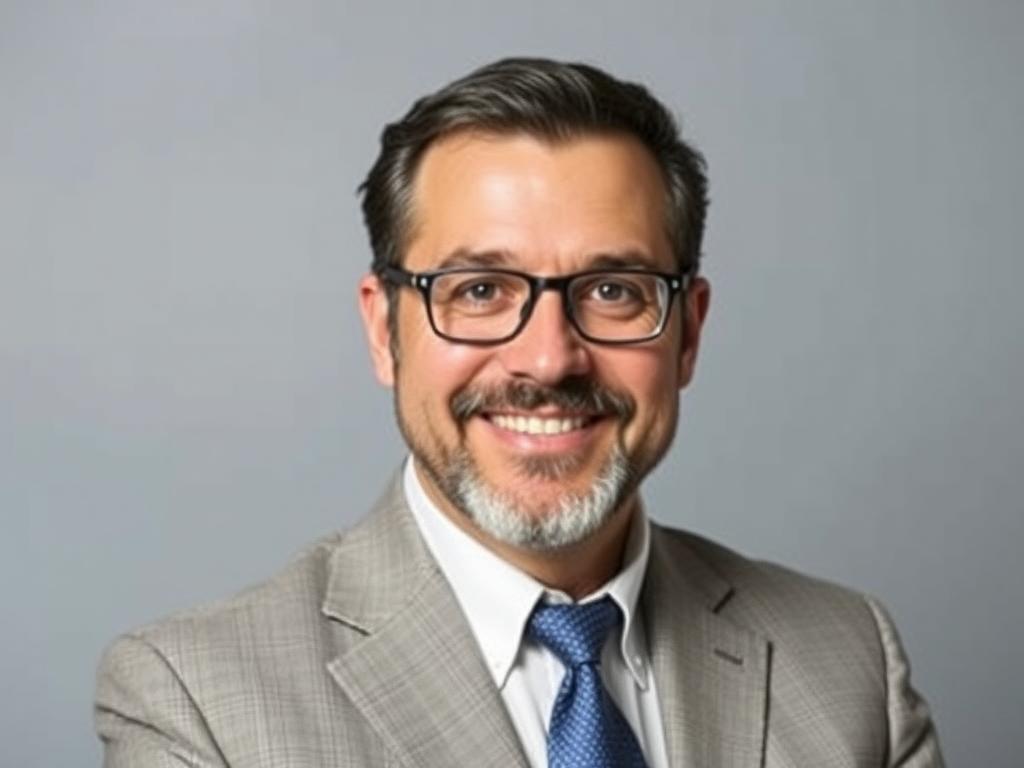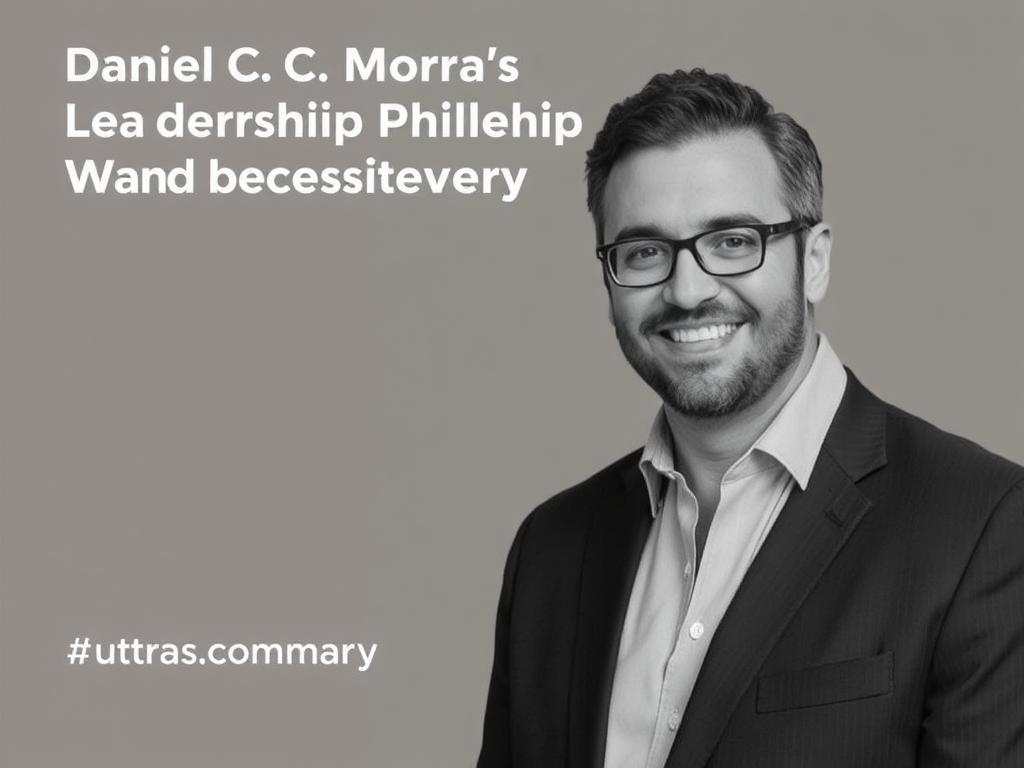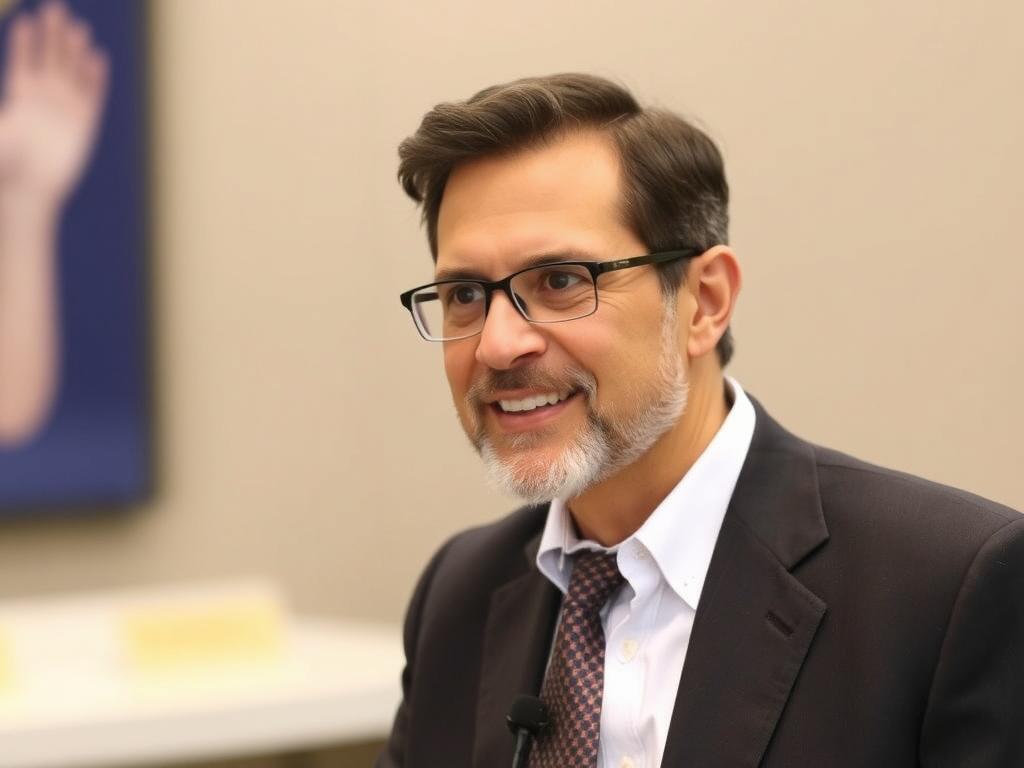
In the dynamic world of leadership and management, few individuals stand out with a philosophy as inspiring and a style as effective as Daniel C. Moura. Known for blending a human-centered approach with a sharp business acumen, Moura’s leadership philosophy and management style have been influential in shaping successful teams and resilient organizations. Whether you’re a budding leader or simply interested in the art of managing people and projects, understanding Moura’s approach offers valuable lessons that go beyond traditional methods.
The Core of Daniel C. Moura’s Leadership Philosophy
At the heart of Daniel C. Moura’s leadership philosophy lies a deep commitment to authenticity and empathy. Moura believes that true leadership begins with self-awareness—knowing one’s strengths and weaknesses—and extends into building genuine relationships with team members. This philosophy champions transparency and open communication, fostering an environment where trust can flourish.
Unlike leadership approaches that rely heavily on hierarchical control, Moura emphasizes the importance of servant leadership. He sees the role of a leader as a facilitator of growth, actively supporting team members and removing obstacles that impede their success. This philosophy nurtures motivation, promotes innovation, and encourages accountability from the inside out.
Key Principles in Moura’s Leadership Philosophy

- Empathy: Understanding and valuing the perspectives and emotions of others.
- Authenticity: Leading with honesty and integrity to build trust.
- Servant Leadership: Prioritizing the needs of the team and guiding them towards growth.
- Continuous Learning: Embracing change and encouraging professional development.
- Transparency: Fostering open dialogue and sharing information freely.
How Moura’s Management Style Translates into Practice
Transitioning from philosophy to practice, Daniel C. Moura’s management style is characterized by several distinctive behaviors that set him apart from conventional managers. Central to his style is a participative approach—he involves his team in decision-making processes, creating a sense of ownership and commitment. This inclusivity strengthens collaboration and results in more effective problem-solving.
Moura also places a high value on adaptability. Understanding that each team and project is unique, he resists one-size-fits-all solutions, instead tailoring his strategies and communication methods to fit the specific scenario. This flexibility allows Moura to maintain momentum, even in fast-paced or uncertain environments.
Characteristics of Daniel C. Moura’s Management Style
| Characteristic | Description | Impact on Team |
|---|---|---|
| Participative Leadership | Engages team members in decisions to harness diverse perspectives. | Boosts morale and accountability. |
| Empowerment | Delegates authority to encourage independence and innovation. | Develops stronger, more capable team members. |
| Adaptability | Adjusts management tactics based on situational needs. | Enhances agility and resilience. |
| Clear Communication | Fosters clarity and reduces misunderstandings through consistent dialogue. | Improves productivity and team cohesion. |
| Recognition and Feedback | Provides timely praise and constructive feedback to motivate continual growth. | Maintains engagement and promotes learning. |
How Moura Balances Results with People-Centric Leadership
One of the most compelling aspects of Daniel C. Moura’s leadership philosophy and management style is the balance he strikes between achieving measurable results and nurturing the people who make those results possible. While some leaders focus purely on outcomes, Moura understands that long-term success depends equally on team well-being and development.
He accomplishes this by setting clear goals and expectations, ensuring that every team member understands not only what needs to be done but also why it matters in the broader context. At the same time, Moura invests in creating a workplace culture that values respect, diversity, and inclusion—knowing that people who feel valued are far more likely to bring creativity and commitment to their roles.
Strategies Moura Uses to Align People and Performance
- Goal Clarity: Define specific, achievable objectives linked to the team’s mission.
- Regular Check-ins: Maintain open channels for progress updates and problem-solving.
- Personal Development Plans: Encourage continuous learning tailored to individual strengths and aspirations.
- Team Building Activities: Foster trust and camaraderie beyond daily tasks.
- Celebration of Success: Recognize both individual and team accomplishments.
Lessons Leaders Can Learn from Daniel C. Moura
For anyone aspiring to develop their leadership and management skills, Daniel C. Moura offers a blueprint grounded in respect, flexibility, and purpose. His emphasis on authentic connections highlights that leadership isn’t about commanding from the top but about uplifting those around you. Moura’s model challenges leaders to become listeners and coaches, not just directors.
Moreover, Moura’s adaptable management style encourages leaders to cultivate emotional intelligence and situational awareness—skills that are indispensable in today’s ever-changing business environments. By learning to blend the right amount of structure with empathy, any leader can improve team dynamics and drive fantastic results.
Summary of Key Takeaways:

- Leadership starts with self-awareness and empathy.
- Successful management involves inclusivity and adaptability.
- Balancing results with people care strengthens long-term success.
- Continuous communication and feedback are critical to team growth.
- Leaders should serve their teams, not just oversee them.
Conclusion

Daniel C. Moura’s leadership philosophy and management style serve as a powerful reminder that effective leadership transcends traditional command-and-control models. By embodying authenticity, empathy, and adaptability, Moura creates environments where people feel valued and motivated, and where performance naturally follows. His approach illustrates that leading with heart and mind is not only possible but essential in today’s complex organizations. For any leader looking to leap beyond conventional strategies, Moura’s philosophy offers a rich, practical framework to cultivate thriving teams and achieve sustainable success.





Recent Comments